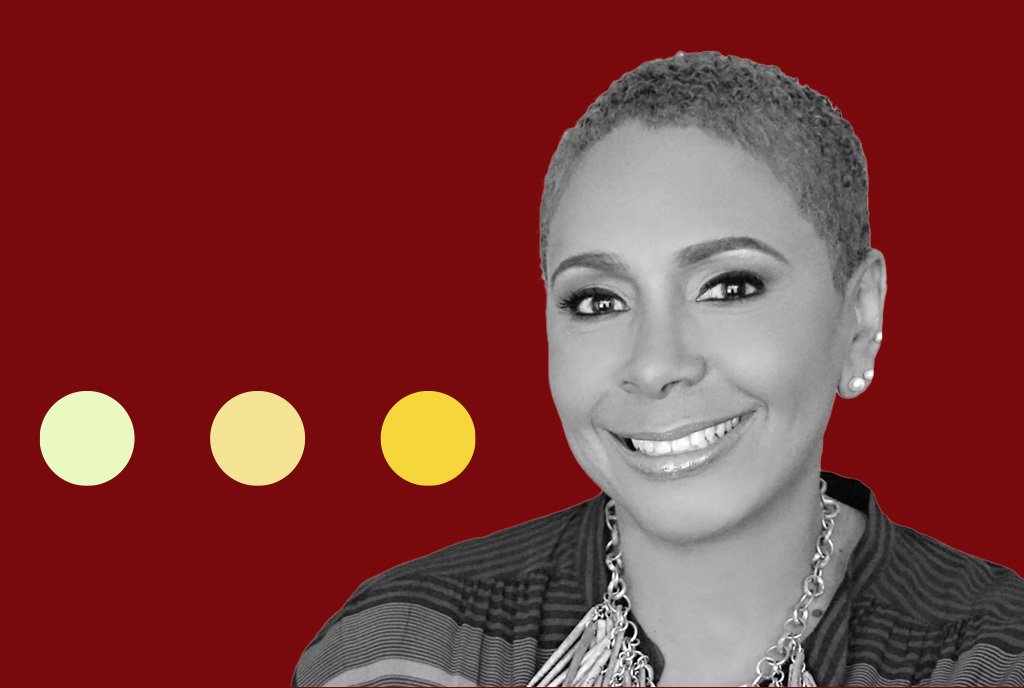To the Editor:
After observing the lively conversation over the past few weeks in response to the recent op-ed on pluralism in philanthropy, I’m struck by how ripe the philanthropic world is to examine what pluralism truly is and why it’s important to the field and the communities it serves.
As head of the New Pluralists, a funder collaborative that seeks to foster a culture of pluralism in America and in philanthropy, I’d like to add my voice to the conversation.
Some read invitations to embrace pluralism as instructions to abandon their beliefs, to be polite, and move to a mushy middle. I don’t see pluralism as “bothsidesism” or civility for its own sake. Rather, it’s about respecting the inherent dignity of all people, including those with whom we wholeheartedly disagree.
Pluralism asks us to recognize that we are all part of this American experiment — including people whose values and perspectives are different and even at odds with our own. It challenges us to cultivate relationships with those whose views we don’t like in order to facilitate the healthy conflict necessary to teach and learn from each other. Some view a call for pluralism as a means to undermine progress or silence dissent. Quite the opposite. Pluralism actively seeks out and creates space for divergent perspectives — even, and especially, from those who are ignored, minimized, or undervalued.
America is trapped in a state of high conflict in which an us-versus-them mentality drowns out curiosity and collaboration. Pluralism provides a pathway to stretch beyond those who already agree with us, so we can challenge our assumptions, move beyond the status quo, and see new pathways ahead. Pluralism helps us achieve more — not less — transformation together.
Some interpret pluralism as antithetical to justice. In fact, they depend on each other. People are hurt and traumatized and want someone held accountable for their pain. Their response is to retreat into ideological comfort zones, leaving families and communities hardened against each other and battling it out on two sides of the culture wars. Perhaps it’s time to ask ourselves — is contempt making it harder or easier for us to find justice and healing?
We have a lot to learn about pluralism, including the challenges and opportunities it presents. I would love to hear from others about how they see calls for greater pluralism playing out in our field, including what folks think of my views and assessment of the situation. If you would like to engage with me, please reach out to hello@newpluralists.org with the subject line “Pluralism in Philanthropy.”
Uma Viswanathan
Executive Director
New Pluralists
Editor’s note: Two of the authors of the op-ed referenced in this piece lead two of the many New Pluralists partner organizations — Stand Together and the John Templeton Foundation.
Credit:Source link



